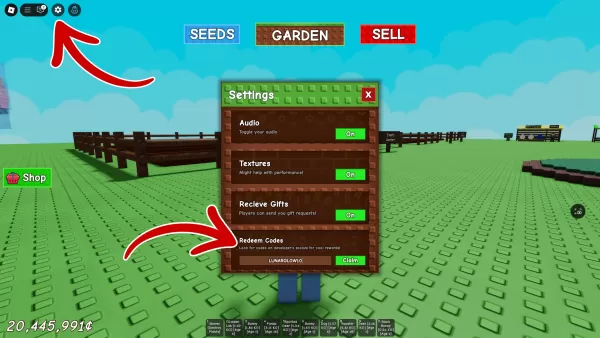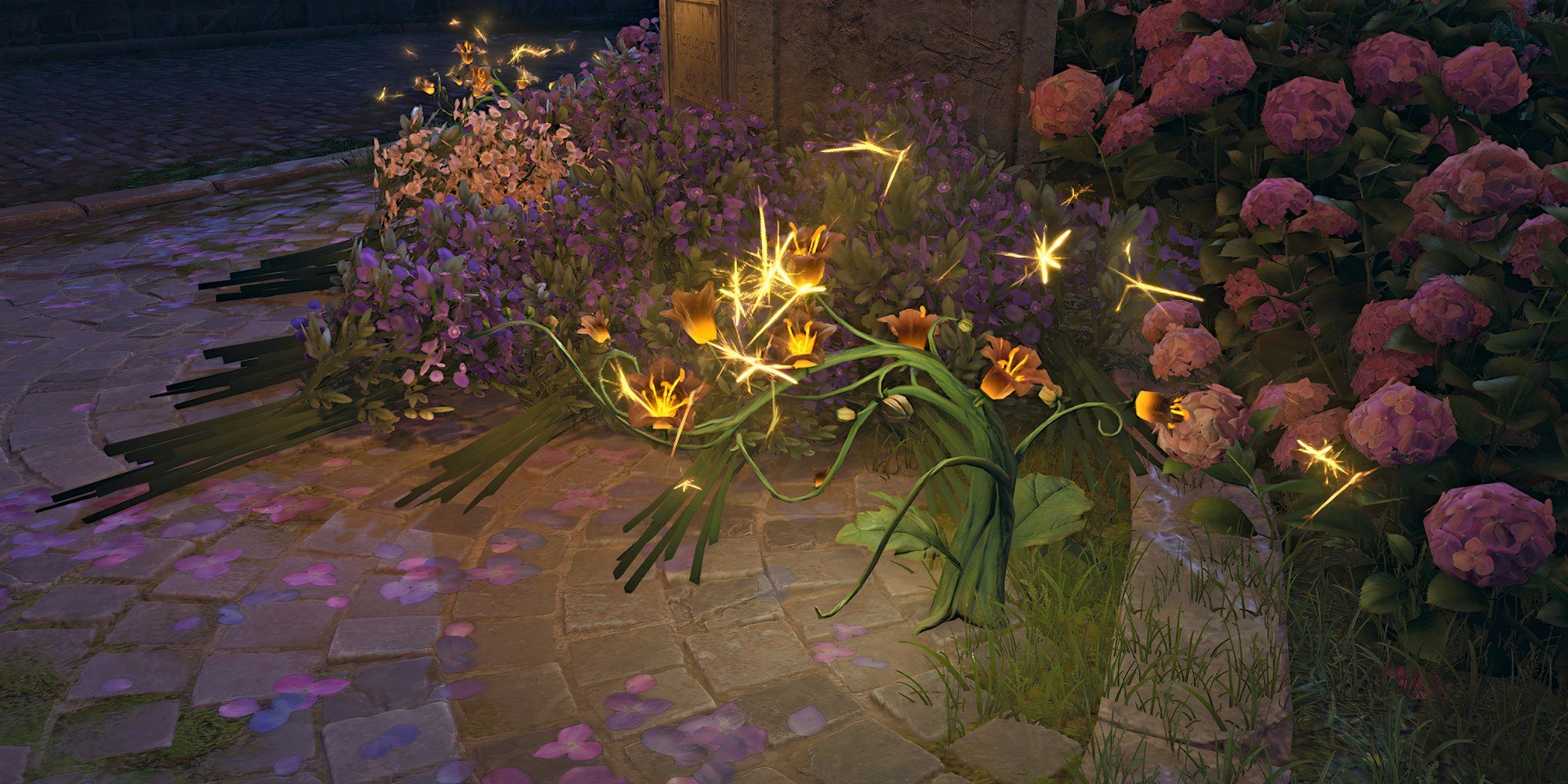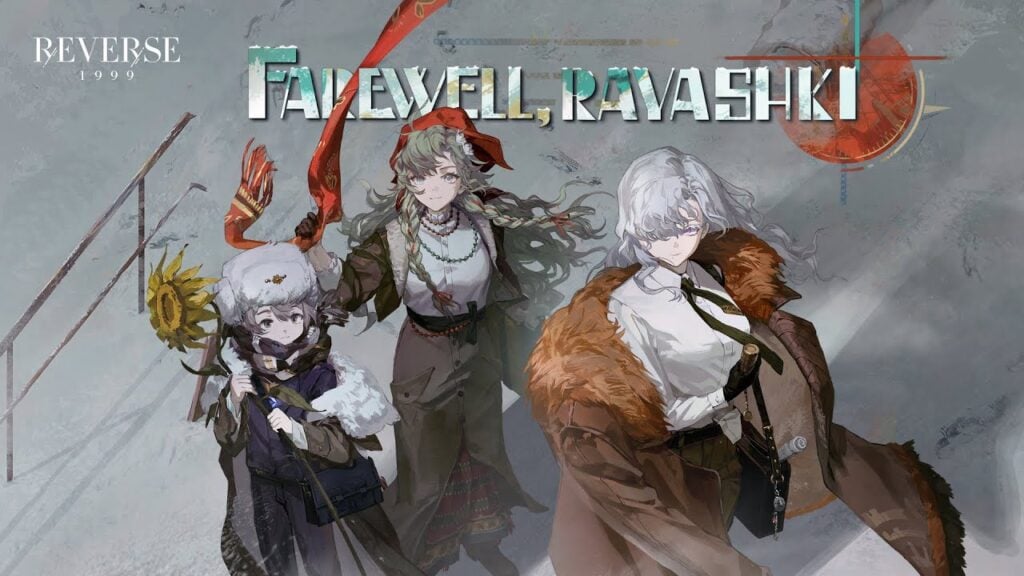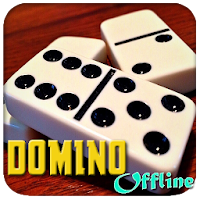It's year-end, time for my "Game of the Year" discussion, and my choice, unsurprisingly, is Balatro. While not necessarily my favorite, its success warrants attention.
Balatro, a blend of solitaire, poker, and roguelike deck-building, has garnered numerous awards, including Indie and Mobile Game of the Year at The Game Awards and Best Mobile Port and Best Digital Board Game at the Pocket Gamer Awards. Its acclaim, however, has also sparked confusion and even anger. Comparisons between its relatively simple visuals and flashier competitors have led to questions about its award-winning status.
I believe this highlights Balatro's significance as my GOTY. Before delving deeper, here are some honorable mentions:
Honorable Mentions:
- Vampire Survivors' Castlevania expansion: A long-awaited addition, featuring iconic Castlevania characters.
- Squid Game: Unleashed's free-to-play model: A potentially groundbreaking move by Netflix Games, suggesting a focus on attracting new viewers.
- Watch Dogs: Truth audio adventure: An interesting, albeit unconventional, release for the Watch Dogs franchise.
My Balatro Experience:
My experience with Balatro has been mixed. While undeniably engaging, I haven't mastered it. The focus on optimizing deck statistics, which I find frustrating, has prevented me from completing runs despite numerous hours of play.
Despite this, Balatro represents excellent value. It's simple, easily accessible, and not overly demanding. While not my ideal time-waster (that title goes to Vampire Survivors), it's a strong contender. Its appealing visuals and smooth gameplay, coupled with its affordable price ($9.99), make it a worthwhile purchase. LocalThunk's ability to elevate a simple format is commendable. The calming music and satisfying sound effects enhance the addictive gameplay loop.
The "It's Just a Game" Argument:
Balatro's success has perplexed some. Unlike flashy gacha games or cutting-edge tech demos, it's unashamedly straightforward. Its simple design, devoid of retro aesthetics or Unreal Engine 5 graphics, has been criticized. Many dismiss it as "just a card game."
However, Balatro's success demonstrates that a game's quality shouldn't solely depend on visual fidelity. Its well-executed design and fresh take on the deck-building genre are what truly matter.
Substance Over Style:
Balatro's multi-platform success (PC, console, mobile) is notable, especially given the challenges of mobile development. While not a massive financial success, its relatively low development costs likely resulted in significant profit.
Balatro proves that a game doesn't need to be a massive, cross-platform gacha to thrive. Simplicity, well-executed design, and a unique style can resonate with players across different platforms.
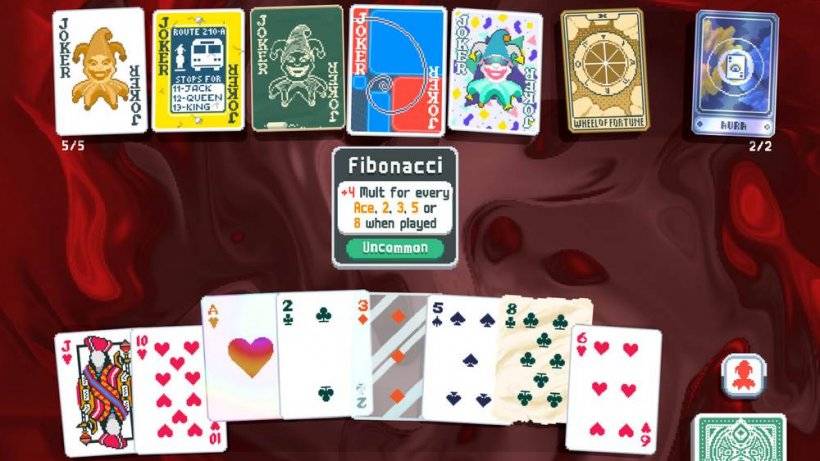
My personal struggles with Balatro highlight its accessibility. It caters to both optimization-focused players and those seeking casual enjoyment.
In conclusion, Balatro's success underscores a simple truth: a game doesn't need to be groundbreaking in terms of graphics or complexity to be successful. Sometimes, a well-executed, simple game with its own unique style is all it takes.


 Latest Downloads
Latest Downloads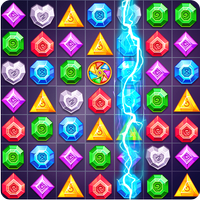
 Downlaod
Downlaod




 Top News
Top News